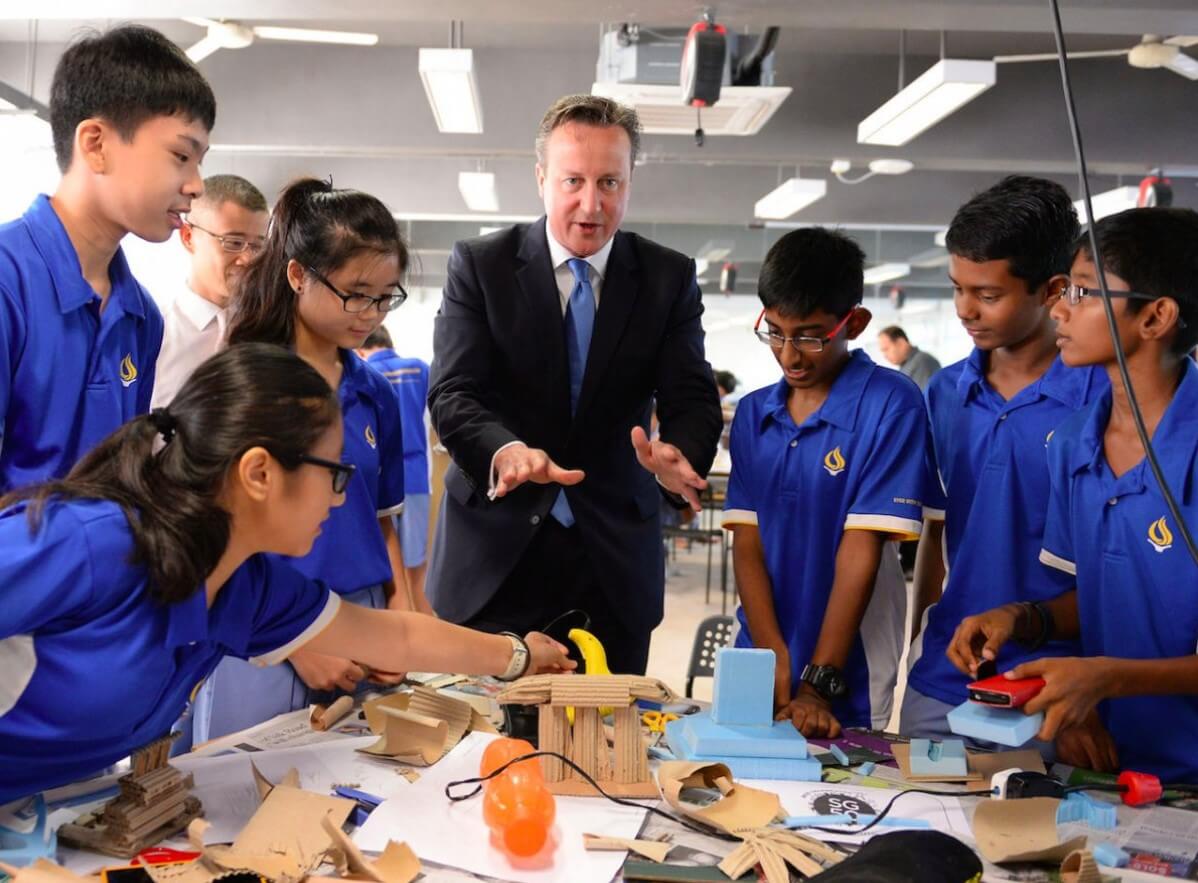Vocational education is a form of education and training designed to provide individuals with the specific knowledge, skills, and competencies needed for employment in a particular trade, occupation, or profession. Vocational education programs typically focus on practical, hands-on training that prepares students for specific careers in healthcare, information technology, construction, automotive repair, culinary arts, and many others.
Vocational education can be offered at different levels, ranging from high school and technical schools to community colleges and specialized vocational institutions. The training may include apprenticeships, on-job training, or classroom instruction focusing on practical skills development.
Vocational education can be an excellent option for individuals who want to pursue a specific career path and gain the skills and knowledge needed to be successful in that field. It can also be an effective way to acquire the skills needed to enter the workforce quickly and efficiently without needing a traditional four-year college degree.

What are the types of vocational education?
- Apprenticeships: These are formal training programs combining on-the-job training with classroom instruction. Apprenticeships are available in various industries, including construction, healthcare, and manufacturing.
- Trade schools: Trade schools offer hands-on training in specific occupations, such as welding, automotive repair, or cosmetology.
- Community colleges: Community colleges offer associate degrees, certificates, and diplomas in various vocational fields, such as nursing, culinary arts, and computer technology.
- On-the-job training: On-the-job training is provided by employers to teach employees the skills they need to perform specific job tasks.
- Continuing education courses: Continuing education courses are short-term classes or workshops that allow individuals to learn new skills or update existing skills in a specific field, such as accounting or graphic design.
- Military training: The military offers a variety of vocational training programs that provide skills training in various occupations, such as logistics, electronics, and mechanics.
- Online courses: Online courses are available in various vocational fields, such as healthcare, business, and technology. These courses allow individuals to learn at their own pace and from anywhere with an internet connection.
Note that the availability of these types of vocational education may vary depending on your location and the specific industry you are interested.
Why is vocational education important?
Vocational education is essential in this generation because it gives students the knowledge and skills they need to succeed in the ever-changing job market. It allows students to gain real-world skills that can be applied directly to the jobs they are looking to pursue. It can also give students an edge over candidates competing for the same jobs. Additionally, vocational education allows students to explore different career paths and acquire the necessary skills and certifications to obtain the desired job.
Finally, the development of vocational education has enabled students to learn the skills needed for the future of work in the 21st century.
